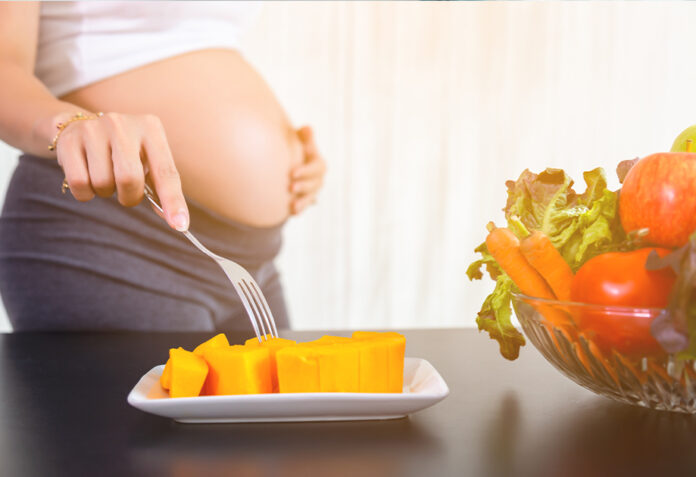|
Getting your Trinity Audio player ready...
|
Is Papaya Safe to Eat During Pregnancy?
A common question among all mothers is about their diet. Is it safe to eat Papayas during Pregnancy? A very common question is searched on the web and today we will address it.
Pregnancy is a special time in a woman’s life, filled with joy, anticipation, and the stress of staying healthy for both the baby and herself. It is important for expectant mothers to pay attention to their diet and ensure they consume foods that are safe and beneficial for both themselves and their growing baby.
– Is Papaya Safe to Eat During Pregnancy?
Papaya is a tropical fruit that is rich in essential nutrients, including vitamins A, C, and E, as well as folate, potassium, and fiber. While papaya is generally considered a healthy fruit, there is some debate about its safety during pregnancy. This is due to the presence of an enzyme called papain, which is found in both ripe and unripe papayas. Papain has been known to stimulate the production of prostaglandins and oxytocin, which can cause contractions and potentially lead to miscarriage or preterm labor. As a precautionary measure, it is advisable for pregnant women to avoid consuming unripe or semi-ripe papayas.
Why is it safe to eat Papayas during Pregnancy?
When consumed in moderation, ripe papaya can provide several benefits during pregnancy:
- Rich in Vitamins and Minerals: Papaya is a good source of essential vitamins and minerals, including vitamin C, vitamin A, folate, and potassium. These nutrients are important for the growth and development of the baby.
- Boosts the Immune System: The high vitamin C content in papaya helps strengthen the immune system, reducing the risk of infections and illness during pregnancy.
- Aids Digestion: Papaya contains enzymes like papain, which can aid digestion and alleviate common digestive issues such as constipation and heartburn, which are common during pregnancy.
- Supports Healthy Skin: The presence of vitamin C and vitamin A in papaya promotes healthy skin for both the mother and the developing baby.
- Aids with Morning Sickness: Papaya’s natural enzymes and fiber content can aid in digestion, potentially alleviating morning sickness symptoms.
Why is it not safe to eat papayas during Pregnancy?
While ripe papaya is generally considered safe, there are a few potential disadvantages to be aware of:
- Risk of Allergic Reactions: Some individuals may have an allergic reaction to papaya. If you have a known allergy to latex or other fruits, such as kiwi or pineapple, it is best to avoid papaya during pregnancy.
- Gastrointestinal Upset: Excessive consumption of papaya can cause gastrointestinal upset, including diarrhea and stomach cramps. It is important to consume papaya in moderation.
How Can Papaya Help a Pregnant Lady?
Despite the concerns surrounding the consumption of papaya during pregnancy, ripe papayas can be beneficial for pregnant women. Fully ripe papayas have lower levels of papain and are considered safe for consumption in moderate amounts. Here are some ways in which papaya can help a pregnant lady:
- Nutrient-Rich: Ripe papayas are a good source of vitamins A, C, and E, which are essential for maintaining a healthy immune system and promoting proper fetal development.
- Digestive Aid: Papayas contain an enzyme called papain, which aids in digestion and can help alleviate common pregnancy discomforts such as indigestion and heartburn.
- Natural Laxative: The fiber content in papayas acts as a natural laxative, preventing constipation and promoting regular bowel movements.
In conclusion, it is advisable for pregnant women to exercise caution when it comes to consuming papaya, particularly unripe or semi-ripe ones. However, fully ripe papayas can provide essential nutrients and potential health benefits for pregnant women. On the other hand, it is generally safe to eat Papayas during pregnancy as they are a good source of potassium and aid in digestion. As always, it is crucial to consult with a healthcare professional or a registered dietitian for personalized advice regarding your specific dietary needs during pregnancy.




